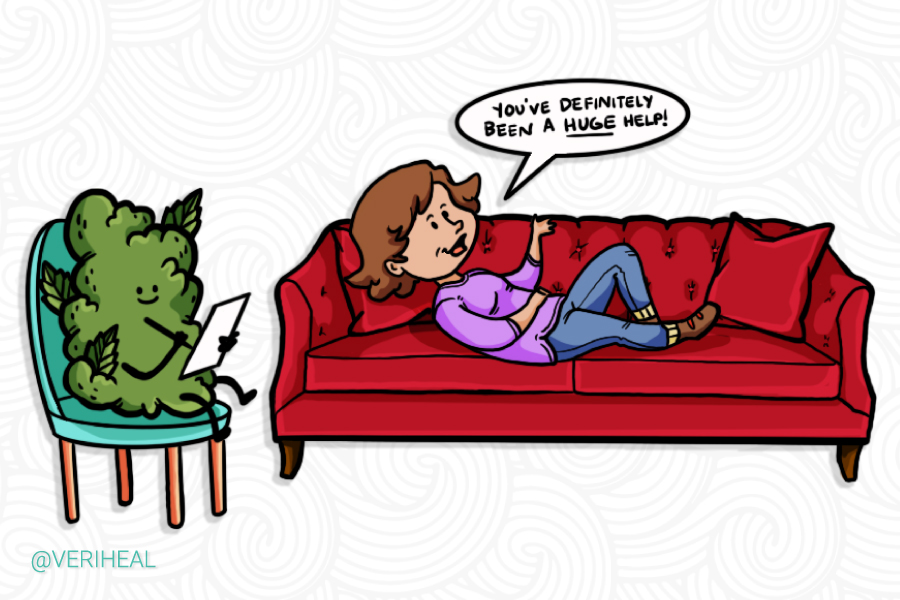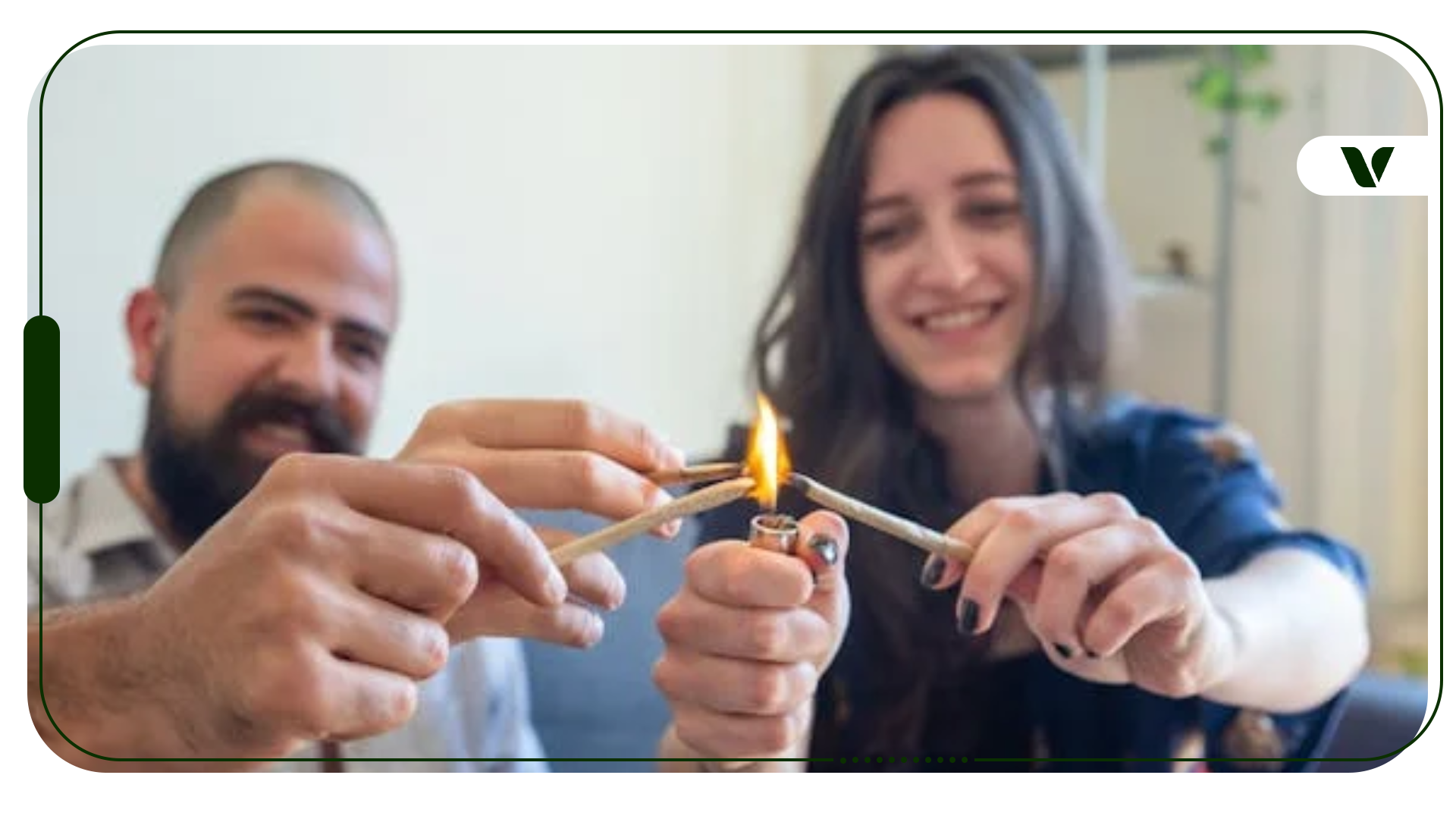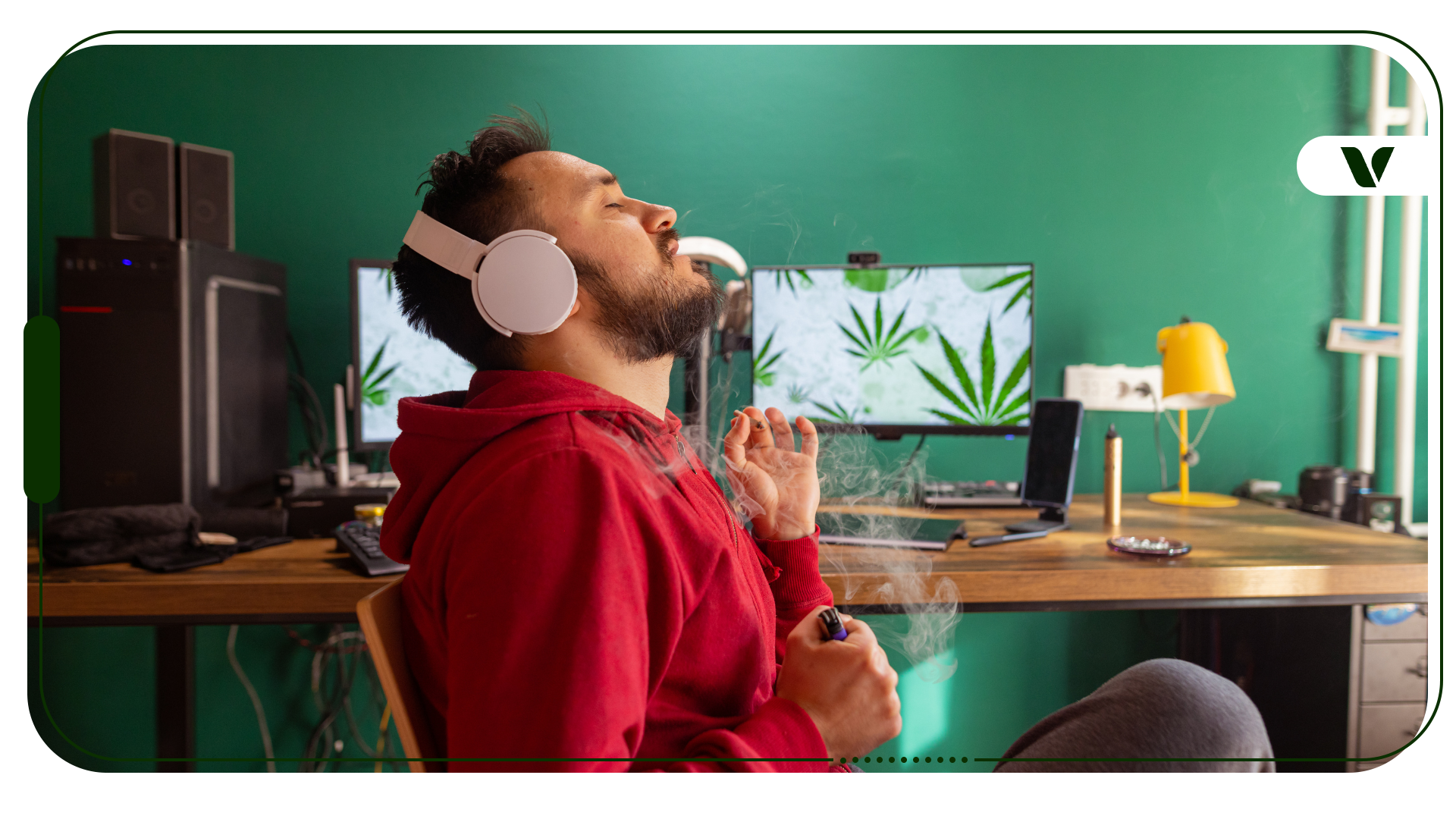Awareness of cannabis as a substance with potential medicinal uses has been growing in recent years. In fact, lawmakers are seriously considering reclassifying cannabis from a Schedule I substance (one with no medical value) to a Schedule II substance (one with potential medical value). As various states embark on the path to legalization, some have opted to legalize cannabis strictly for medicinal purposes and require users to obtain a medical cannabis card in order to purchase or possess the substance. But is cannabis actually effective as a medical treatment? Does it really work in all the ways it has been suggested to be useful?
The evidence is still unclear. Studies still must be done before cannabis’ effectiveness can be known for certain. But until those studies are completed, we look to successful anecdotal reports for answers.
Cannabis for Pain Management
Karisa Sikora was diagnosed with fibromyalgia in 2009. In the years that followed, she suffered intense pain, as well as anxiety and depression. Sikora did her best to manage her symptoms, live as normal a life as possible, and raise her child, but the situation was becoming overwhelming, and none of the medical treatments her doctors had recommended were helping.
In 2018, medical cannabis was legalized in Sikora’s home state of Maryland. And everything began to change for the better.
Sikora obtained her medical cannabis card and, feeling some trepidation, headed off to the dispensary. As a first time user, she wasn’t interested in the idea of smoking cannabis, so she was directed to a tea, a vape pen, and a topical cream. When used in conjunction, she found that the products helped to successfully alleviate her pain and allowed her to get a good night’s sleep for the first time in years.
“I would recommend trying cannabis to anyone who struggles and feels as though there is no relief,” Sikora writes.
Cannabis for Anxiety and Depression
Medical cannabis user Thomas was diagnosed with clinical depression at the age of 27, but just like Sikora, it took him years to discover the benefits of cannabis and to begin to change his life for the better.
Why You Should Get Your Medical Marijuana Card
Veriheal has satisfied millions of patients nationwide by giving them access to these benefits
- Larger purchase limits
- Peace of mind
- Enhanced legal protection
- Access to higher potency strains
- Save up to 25% on cannabis purchases
- Skip the line at the dispensary
“I suffered for many, many years from panic attacks and debilitating anxiety,” writes Thomas, who found it difficult to leave the house or to hold down a job at the height of his depression. Like so many with mental health struggles, Thomas’s depression made it next to impossible for him to live his life. And then, at age 33, he began to use cannabis as a way to mitigate his anxiety and depression.
Today, Thomas thinks of cannabis as a “cure.” His anxiety has effectively declined to within normal parameters. He has an active social life and has held a steady job for many years.
Cannabis and Cancer
There is no evidence that cannabis alone can serve as a cure for cancer. However, some cancer survivors have had success with the substance as a supplemental treatment.
Sophie Ryan, who today is two years old, was diagnosed at 8 months with a type of malignant brain tumor that had a high expected rate of recurrence. Her mother Tracy decided to treat the illness with a combination of chemotherapy, as recommended by Sophie’s doctors, and CBD oil. The results were overwhelmingly positive. Traditionally, chemotherapy alone would result in the tumor-shrinking for about six months and then never shrinking again. Sophie’s tumor consistently shrunk over 23 months. She was expected to lose at least part of her vision, and that has not happened.
If you are struggling with mental or physical illness, take heart from these stories. When studies on cannabis are complete, we will know a great deal more about its potential to successfully help people.
Author, Share & Comments








